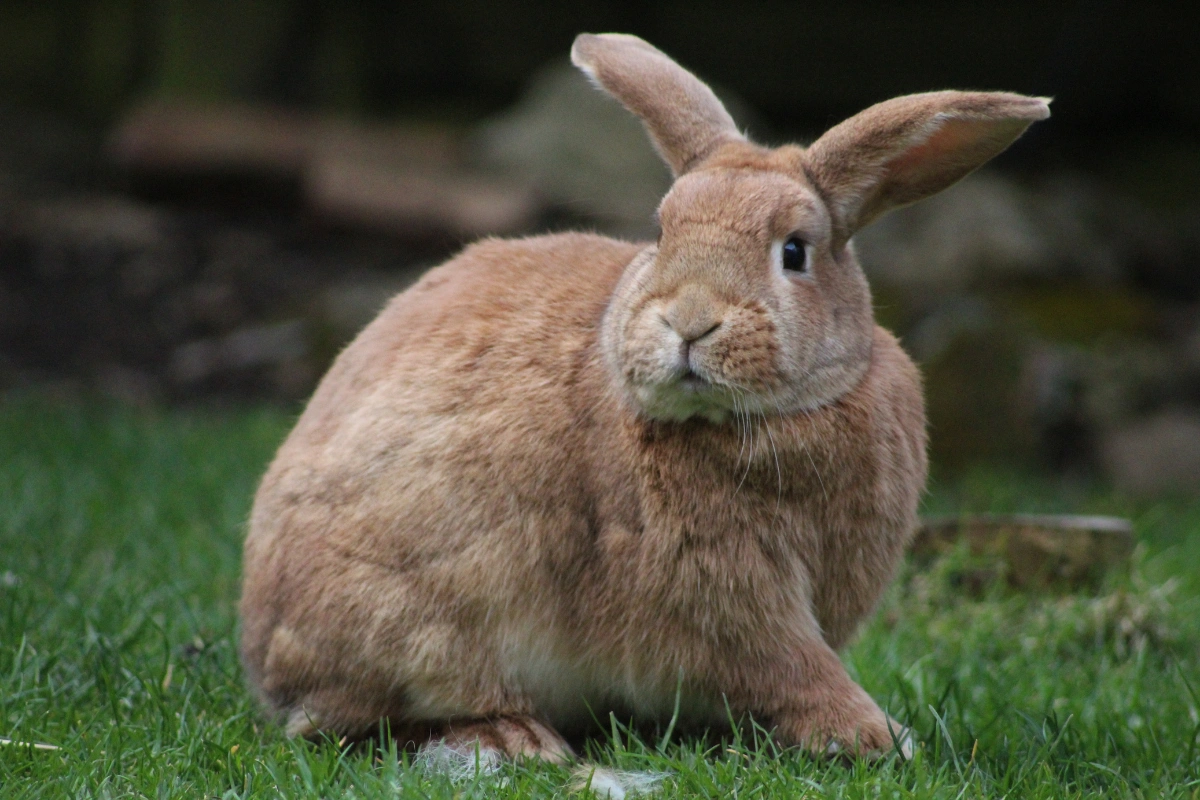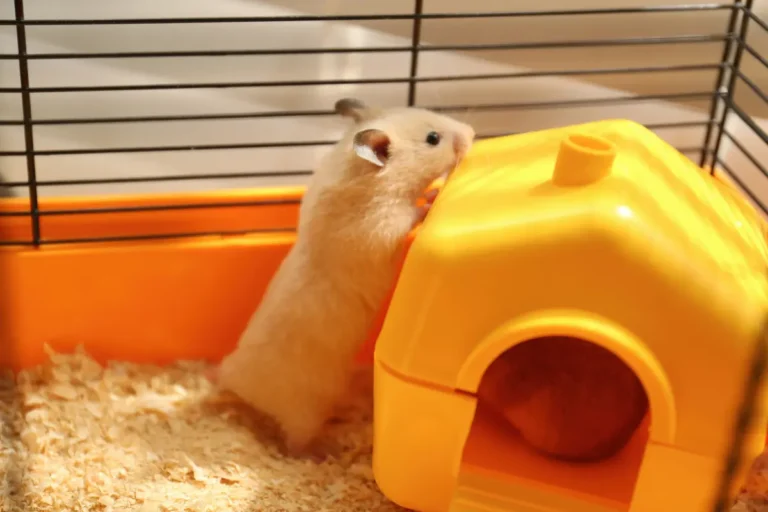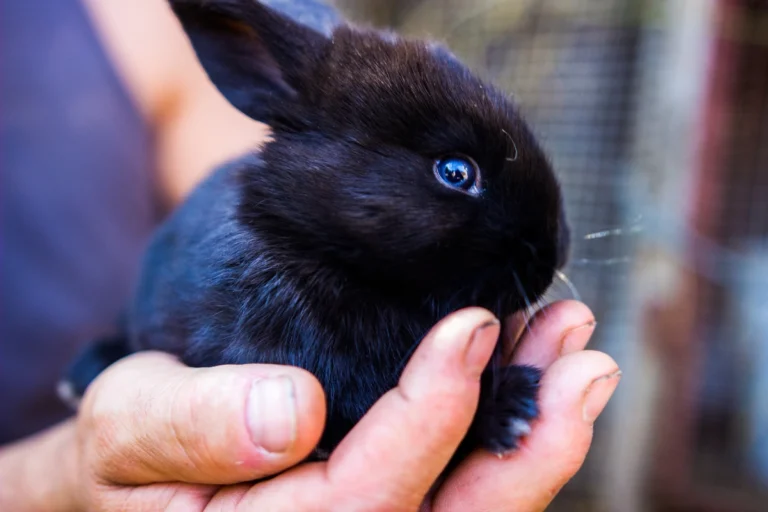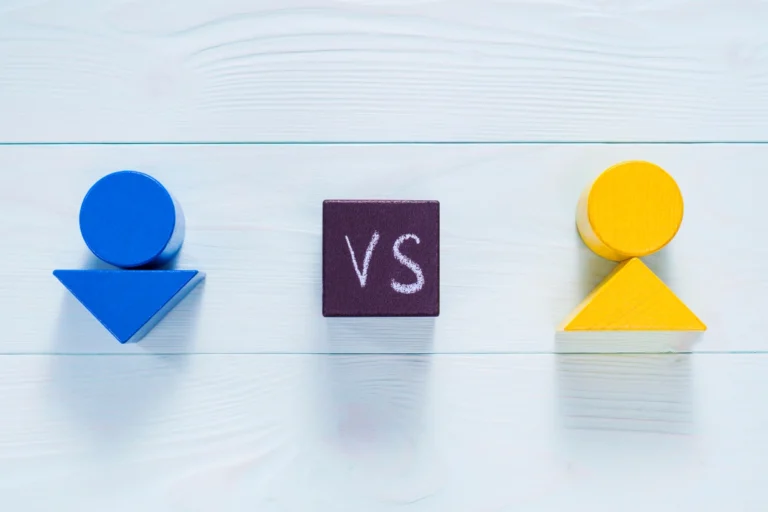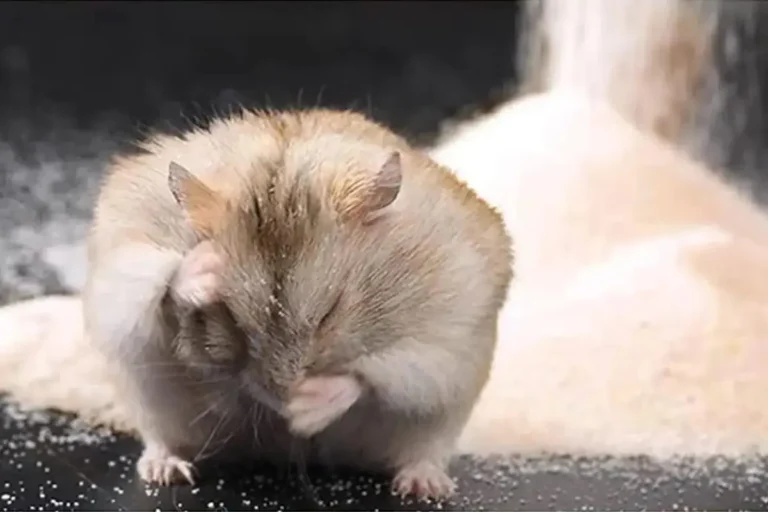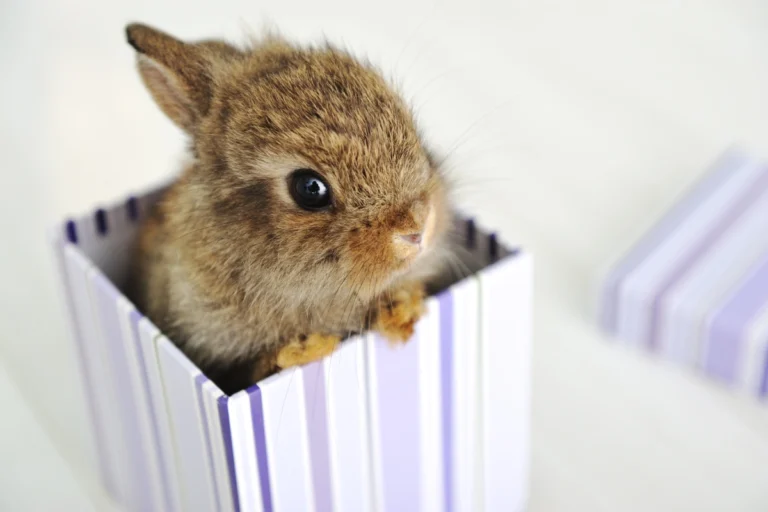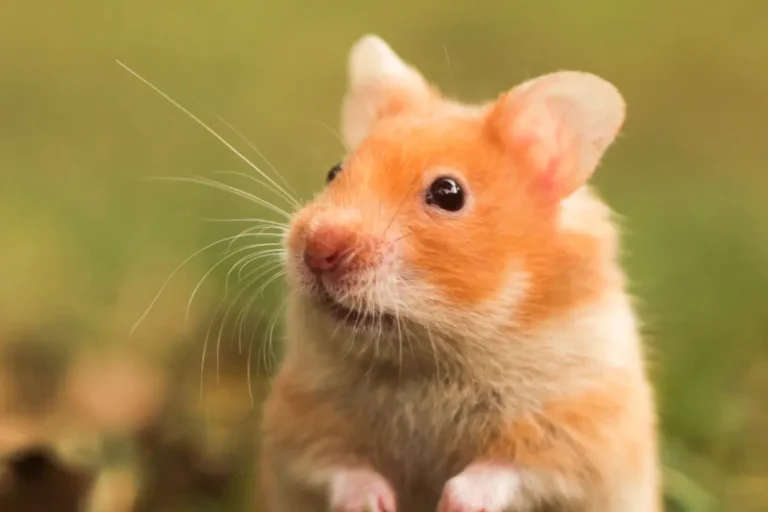What Does The Rabbit Sound Mean? A Complete Guide to Bunny Noises
Rabbits are often seen as silent, peaceful creatures, and for good reason—they don’t bark like dogs or meow like cats. However, rabbits do communicate in their own unique ways, often using sounds to express their feelings.
Let’s look at some of the common noises rabbits make.
1. Thumping
Thumping is one of the most recognizable sounds a rabbit can make, and it’s typically used as a warning signal. Rabbits thump to alert other rabbits to potential danger nearby, such as a predator. When a rabbit thumps, it can be loud enough to be heard by humans as well.
In a domestic setting, a thump can also indicate that your bunny is upset or frightened. It may happen if your rabbit feels threatened or is protesting something, such as being handled or being placed in an unfamiliar situation.
If you hear your rabbit thump, it’s important to take it seriously and assess its environment. Try to comfort your bunny and make sure it feels safe.
2. Sneezing
Rabbits, like humans, can sneeze when their nasal passages become irritated. This is a common occurrence and usually isn’t a cause for concern. Sneezing can be triggered by various things, such as dust, pollen, hay, or even bits of fur. If you notice your rabbit sneezing, it could simply mean they’ve inhaled something that irritated their nose.
However, if your rabbit is sneezing frequently, or if the sneezing is accompanied by other symptoms like a runny nose, lethargy, or a lack of appetite, it could indicate a respiratory infection or another health issue. In such cases, it’s important to have your rabbit examined by a vet to ensure that it receives the proper care.
3. Grunting
Grunting is a sound that rabbits make when they’re feeling annoyed, grumpy, or frustrated. If your rabbit is hungry, upset, or simply doesn’t want to be disturbed, it might grunt as a way of expressing displeasure. It’s similar to a small, irritated noise that says, “Leave me alone” or “I’m not happy right now.”
Grunting can also occur when your rabbit is particularly hungry, and they might make the noise as a way to signal that they’re ready for a treat or meal. If your rabbit is grunting frequently, it’s a good idea to check if it’s been fed properly or if something is causing it stress.
4. Snoring
Yes, rabbits can snore! When a rabbit is in a deep, relaxed sleep, you might hear a cute little snort or snore. This sound typically occurs when the rabbit is comfortable and resting peacefully. While it can be a bit surprising to hear from such a small creature, it’s usually harmless.
However, if your rabbit is snoring more than usual or the sound seems loud and labored, it could be a sign of a respiratory issue. Rabbits with snoring that is persistent or associated with other symptoms, like nasal discharge or difficulty breathing, may have a respiratory infection or another health condition that requires attention.
5. Purring
A rabbit’s purring is quite different from a cat’s, but it carries the same meaning: contentment and relaxation. When a rabbit purrs, it creates a soft, gentle clicking sound by lightly grinding its teeth together.
This usually happens when they’re being petted or massaged in a way that they enjoy, or even when they’re dreaming happy dreams. It’s their way of saying, “I’m comfortable and happy, please keep doing what you’re doing.”
Unlike the purring of cats, which involves vibration from the vocal cords, rabbit purring is a subtle sound produced by their teeth. If you hear your rabbit purring, it’s a good sign that they feel safe and content with you.
6. Whimpering
Whimpering in rabbits is typically a soft whining or moaning sound that can be a sign of several different emotions. It may happen when a rabbit is feeling fearful, uncomfortable, or doesn’t want to be handled.
Whimpering can also indicate that your rabbit is protesting something you’re doing, such as trying to move them from one place to another, or it might be a sign that they’re not interested in interacting with another rabbit.
Occasionally, a soft whimper may mean your rabbit is enjoying your affection or a certain activity, so it’s important to observe the context in which the sound occurs.
7. Gulping
Rabbits can make a gulping sound when they’re drinking water, and it’s often surprisingly loud! This typically happens when they’re particularly thirsty or when they’re enjoying a long, satisfying drink.
However, if you notice your rabbit gulping excessively or frequently, it could point to underlying health issues such as dehydration, kidney problems, or diabetes. Otherwise, occasional gulping during a drink is perfectly normal and healthy!
8. Growling
Growling is a more intense and aggressive sound that rabbits make when they feel threatened or stressed. It’s similar to grunting but is louder, more forceful, and is usually accompanied by defensive or territorial behavior. If your rabbit growls, it may feel like its space is being invaded or that it’s about to engage in a confrontation with another rabbit.
Growling often occurs when a rabbit is feeling cornered, anxious, or extremely upset, and it can be a warning for you to back off. If your rabbit growls, give it some space and avoid further provoking it.
9. Screaming
Screaming is one of the most distressing sounds a rabbit can make. It is a high-pitched, intense noise that occurs when a rabbit is experiencing extreme pain, fear, or trauma. This sound is often a call for help, and it’s the rabbit’s way of alerting others to danger, even if it’s trapped with a predator or in severe pain.
If your rabbit screams, it’s important to act immediately. Check for injuries or any other signs of trauma, and take your rabbit to the vet as soon as possible. A rabbit’s scream is typically associated with a life-threatening situation, so addressing the issue right away is critical for your bunny’s well-being.
10. Squeaking
Squeaking is generally a sound made by newborn baby rabbits, especially when they are hungry or in need of attention from their mother. The squeaks are an instinctive behavior that triggers the mother’s maternal instincts, encouraging her to feed or care for her babies. It’s a high-pitched, soft noise that you’ll usually only hear from young rabbits.
If you hear a squeak from an adult rabbit, it’s a sign of distress or discomfort. Adult rabbits don’t typically make this sound unless they’re in some form of physical discomfort. In general, squeaking in adult rabbits is rare and should be taken as a signal to investigate their health or environment.
11. Oinking
Oinking is a delightful sound that some rabbits make, especially when they are being petted or massaged in a way that they enjoy. This sound is usually accompanied by a deep state of relaxation and contentment, and it often happens when the rabbit is dozing off in your arms or snuggling into a comfortable position.
If your rabbit oinks, consider it a compliment—they’re telling you that they feel safe and relaxed in your presence. Keep up the gentle petting or massaging, and your bunny will be happy to continue enjoying the moment!
12. Teeth Chattering or Grinding
Teeth chattering or grinding is a concerning sound that indicates your rabbit is in pain or distress. Unlike purring, which is a sign of happiness, teeth grinding or chattering is usually a clear sign that something is wrong. This behavior is often accompanied by other signs of discomfort, such as refusing food, sitting hunched over, or showing lethargy.
If your rabbit is grinding its teeth consistently, it’s essential to take them to a vet as soon as possible. Regular vet checkups can help prevent dental issues, which are a common cause of teeth grinding in rabbits.
13. Clucking
Clucking is a soft, happy sound that is typically made by female rabbits, especially when they are feeding their babies. However, it can also occur when a rabbit is simply content and satisfied, even if they are not nurturing offspring. You might hear clucking when your rabbit is eating their favorite food or relaxing in a comfortable spot.
This sound is a sign of happiness and contentment, and it often occurs when rabbits are in a peaceful, stress-free state. If you hear your rabbit cluck, it’s a good indication that they’re feeling secure and well taken care of.
Conclusion
Though rabbits may not be as vocal as some other pets, they still have a variety of ways to communicate their feelings. Always pay attention to the context in which these sounds occur, and if you ever hear your rabbit screaming or growling in distress, seek help right away. With a little patience, you’ll soon become fluent in rabbit-speak!
